Find Help
More Items From Ergsy search
-
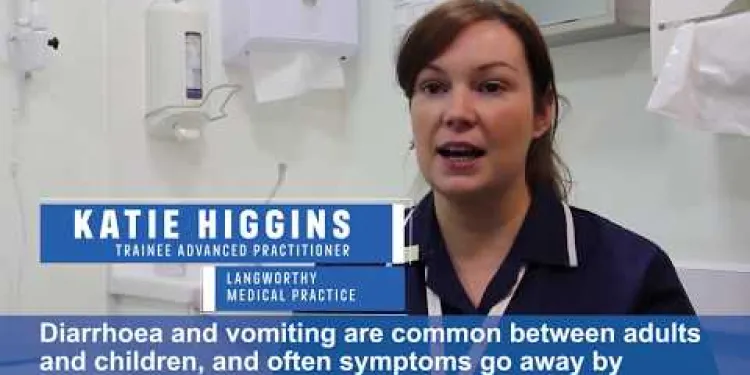
Advice for diarrhoea and vomiting
Relevance: 100%
-
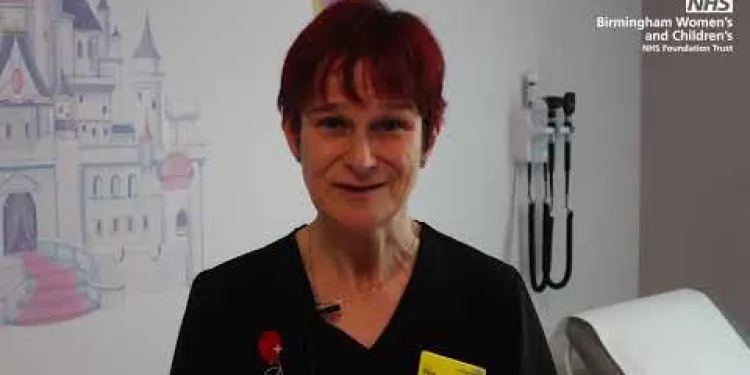
My child has vomiting and diarrhoea - what do I do?
Relevance: 88%
-
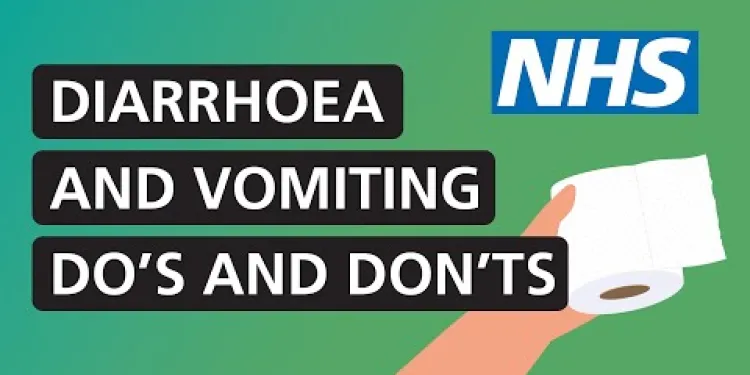
How to treat diarrhoea and vomiting at home (adults and children aged 5 and over) | NHS
Relevance: 78%
-
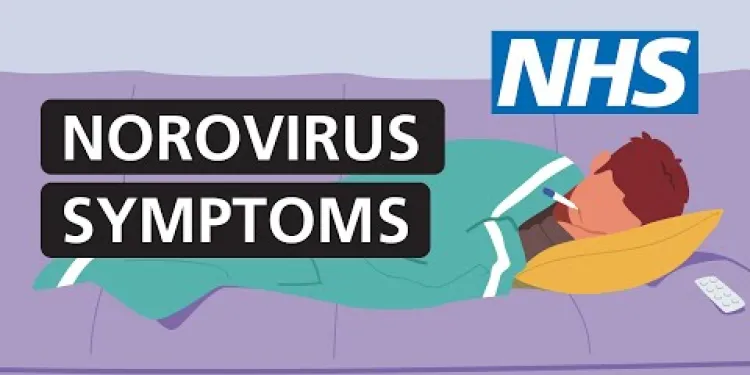
What is norovirus? (Diarrhoea and vomiting bug) | NHS
Relevance: 72%
-
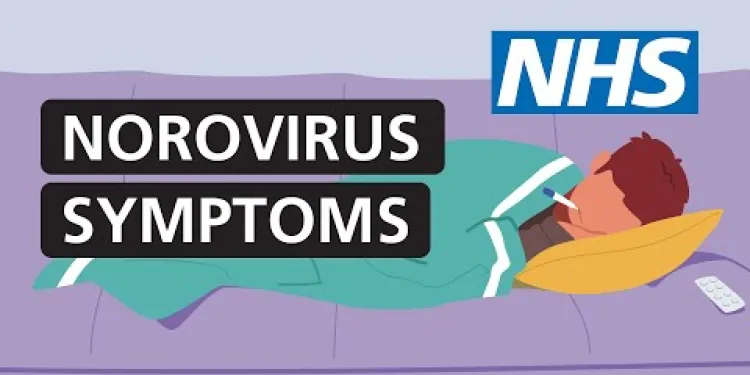
What is norovirus? (Diarrhoea and vomiting bug) | NHS
Relevance: 69%
-
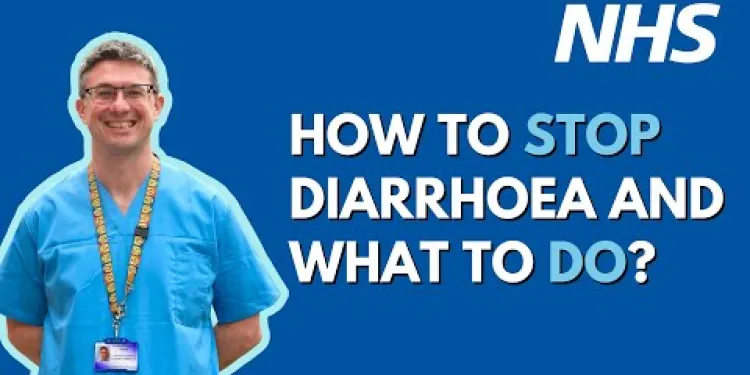
Diarrhoea - How to stop it? | UHL NHS Trust
Relevance: 49%
-

What are common side effects of Wegovy?
Relevance: 32%
-

Can Ozempic lead to dehydration?
Relevance: 28%
-

What are common side effects of Ozempic?
Relevance: 27%
-
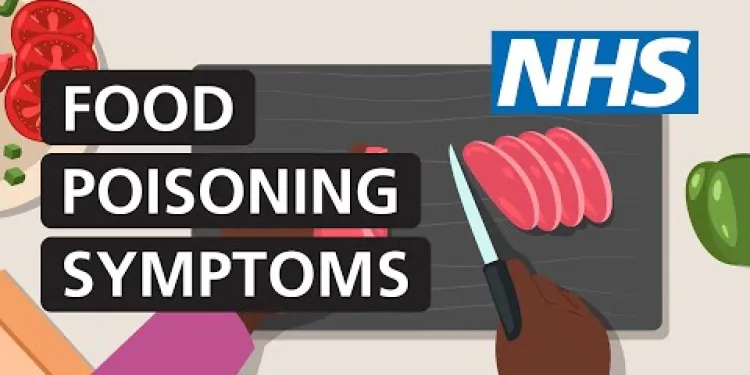
How to tell if you have food poisoning (symptoms) | NHS
Relevance: 27%
-

What are the common symptoms of appendicitis?
Relevance: 26%
-

What are the common side effects of Ozempic?
Relevance: 26%
-

When should I seek medical advice for norovirus?
Relevance: 25%
-

Are there any common side effects of Mounjaro?
Relevance: 25%
-

What are the symptoms of norovirus?
Relevance: 24%
-
What happens if I overdose on Ozempic?
Relevance: 23%
-

What are the symptoms of Bacillus cereus food poisoning?
Relevance: 23%
-

Can Ozempic cause severe gastrointestinal issues?
Relevance: 22%
-

Can antibiotics treat norovirus?
Relevance: 22%
-

What are common side effects of antibiotics?
Relevance: 21%
-
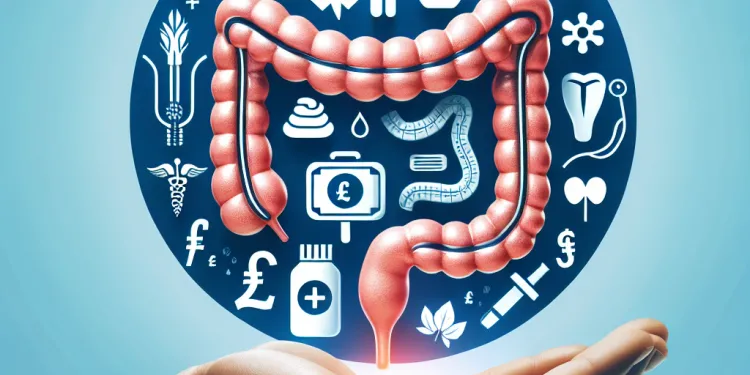
What are the side effects of bowel cancer treatment?
Relevance: 21%
-

What should I do if I have norovirus?
Relevance: 21%
-

What are the symptoms of Super Flu?
Relevance: 21%
-

Can E. coli infections be treated?
Relevance: 21%
-

What should I eat or drink if I have norovirus?
Relevance: 21%
-

What problems is Ozempic known to cause?
Relevance: 21%
-
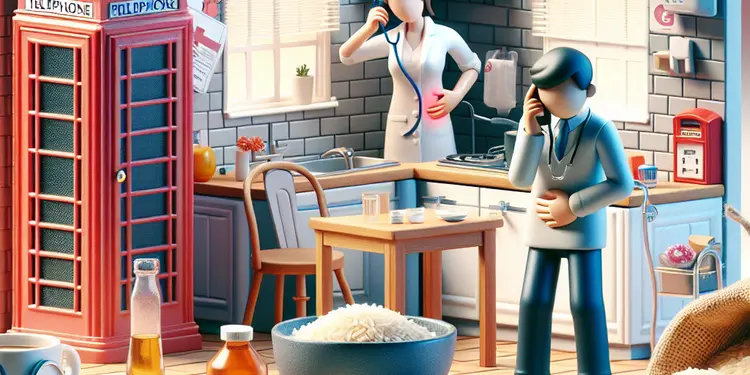
What should I do if I suspect food poisoning from rice?
Relevance: 20%
-

What are the common symptoms of Crohn's disease?
Relevance: 20%
-

Can I go to work or school if I have norovirus?
Relevance: 20%
-

Are there any gastrointestinal side effects from weight loss medications?
Relevance: 20%
-

Are there any serious risks associated with Ozempic?
Relevance: 20%
-

Can E. coli cause illness?
Relevance: 20%
-

What are the side effects of Ozempic?
Relevance: 20%
-

What are the symptoms of Marburg virus disease?
Relevance: 19%
-

What are the symptoms of measles?
Relevance: 19%
-

Dealing with Common Childhood Illnesses
Relevance: 19%
-

What are the symptoms of H3N2 flu?
Relevance: 19%
-

How common is norovirus in the UK?
Relevance: 18%
-
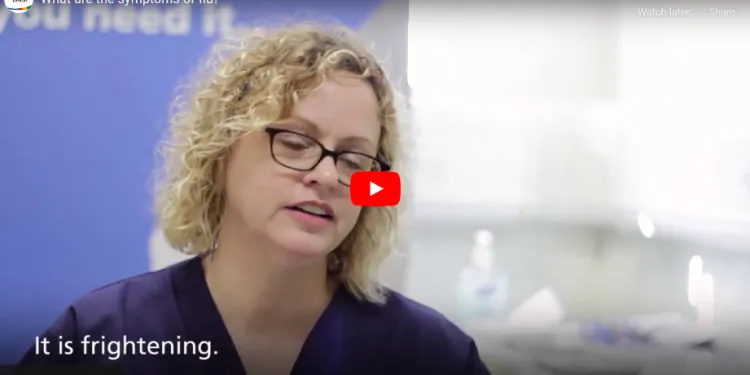
What are the symptoms of flu ?
Relevance: 18%
-

How long do norovirus symptoms last?
Relevance: 18%
My Child Has Vomiting and Diarrhoea - What Do I Do?
Recognising the Symptoms
Vomiting and diarrhoea are common symptoms in children and can be caused by a variety of factors such as viral infections, food poisoning, and sometimes medications. It's crucial to monitor the symptoms closely. If your child is displaying persistent vomiting, frequent loose stools, abdominal pain, or signs of dehydration, it's time to take action.Hydration is Key
One of the main concerns with vomiting and diarrhoea is dehydration. Ensure your child stays hydrated by offering small sips of rehydration solutions like Dioralyte, available at UK pharmacies. Avoid giving sugary drinks or milk, as these can worsen the symptoms. Encourage your child to take small, frequent sips of water or oral rehydration salts (ORS) every few minutes.Monitor for Dehydration
Signs of dehydration in children include dry mouth, no tears when crying, sunken eyes, and reduced frequency of urination. If you notice any of these signs, it's important to seek medical advice. NHS guidelines also recommend checking for lethargic or irritable behaviour as a sign of dehydration.Dietary Adjustments
While your child is recovering, gradually reintroduce bland, easy-to-digest foods like bananas, rice, applesauce, and toast (known as the BRAT diet). Avoid fatty, spicy, or dairy-rich foods until symptoms fully resolve. Start with small portions and increase as tolerance improves.When to Seek Medical Attention
If vomiting and diarrhoea persist for more than 24-48 hours, or if your child is under six months old, consult your GP or the NHS 111 service. Severe symptoms such as blood in vomit or stools, a swollen abdomen, or persistent high fever warrant immediate medical attention.Preventing Spread
Vomiting and diarrhoea, especially if caused by a virus, can be highly contagious. Ensure good hygiene practices by frequent handwashing with soap, especially after bathroom use and before meals. Disinfect common touch surfaces and keep the sick child away from siblings to prevent spreading.Post-Recovery Care
Once your child begins to feel better, continue to monitor their hydration and nutrition intake. Gradually reintroduce normal foods and ensure they get plenty of rest. Maintain good hygiene practices to prevent recurrence. Remember, while it can be worrying to see your child unwell, these symptoms are usually manageable at home with proper care. Always follow NHS guidelines and don’t hesitate to seek professional medical advice if needed.My Child Has Vomiting and Diarrhoea - What Should I Do?
Spotting the Symptoms
Vomiting and diarrhoea happen a lot with kids. They can be caused by bugs, bad food, or medicine. Watch your child closely. If they keep throwing up, have lots of runny poo, tummy pain, or are very thirsty, you need to help them.Keep Them Hydrated
Vomiting and diarrhoea can make your child very thirsty. Make sure they drink little sips often. Use drinks like Dioralyte from the pharmacy. Don't give sugary drinks or milk. These can make it worse. Have them drink water or oral rehydration salts (ORS) a little bit every few minutes.Look Out for Dehydration
If your child is very thirsty, has a dry mouth, no tears, eyes that look sunken, or doesn't pee much, they might be dehydrated. If you see these signs, talk to a doctor. If your child is very tired or cranky, this might also mean they need water.Changing Their Diet
When your child starts to get better, give them foods that are easy to digest. Good foods are bananas, rice, applesauce, and toast. These are part of the BRAT diet. Don't give them fatty or spicy foods yet. Start with small amounts and give more as they get better.When to Call a Doctor
If the vomiting and diarrhoea keep going for more than 1-2 days, call your doctor. If your child is very little (under six months), ask a doctor for help. If there is blood in their vomit or poo, if their tummy is big, or if they have a high fever, see a doctor right away.Stop the Spread
If a bug is causing the sickness, it can spread easily. Make sure everyone washes their hands with soap a lot, especially after using the bathroom and before eating. Clean things that everyone touches. Keep the sick child away from others to stop them from getting sick too.Taking Care After They're Better
When your child feels better, keep making sure they drink and eat well. Slowly give them normal foods again. Make sure they get lots of rest. Keep washing hands and being clean to stop them from getting sick again. Remember, it can be scary when your child is sick, but you can handle this at home with care. Always listen to NHS advice and talk to a doctor if you need help.Frequently Asked Questions
What should I do first if my child has vomiting and diarrhoea?
Ensure they stay hydrated by giving them small sips of water or an oral rehydration solution (ORS). Avoid giving sugary drinks or fruit juices.
When should I call a doctor?
Seek medical advice if your child shows signs of dehydration, has a high fever, persistent vomiting, blood in their stool, severe abdominal pain, or if symptoms last more than a few days.
What are the signs of dehydration in children?
Signs of dehydration in children include dry mouth, sunken eyes, lethargy, decreased urine output, and crying without producing tears.
Can I give my child food while they have vomiting and diarrhoea?
Start with bland foods like bananas, rice, applesauce, and toast (the BRAT diet) once they can tolerate fluids. Avoid dairy, fatty, or spicy foods initially.
Is it safe to give my child over-the-counter medication for vomiting and diarrhoea?
Consult your GP or pharmacist before giving any medication. Over-the-counter anti-diarrhoeal medications are generally not recommended for young children.
How can I prevent my child's vomiting and diarrhoea from spreading to others?
Ensure your child washes their hands frequently with soap and water. Disinfect surfaces and objects they touch. Keep them home from school or nursery until at least 48 hours after symptoms have stopped.
What causes vomiting and diarrhoea in children?
Common causes include viral infections (like norovirus or rotavirus), bacterial infections, food poisoning, and occasionally, side effects from medications.
Can I give my child milk while they have diarrhoea?
It's usually best to avoid dairy products until the diarrhoea has resolved, as they can be harder to digest. Consider lactose-free options or consult your doctor.
How soon should my child start to feel better?
Most children begin to feel better within a few days, but it's essential to monitor for signs of dehydration and ensure they rehydrate properly.
Should I keep my child away from other children and adults?
Yes, to prevent spreading infection, keep your child away from others until they've been symptom-free for at least 48 hours.
Is vomiting and diarrhoea dangerous in children?
While often not serious, dehydration is a major risk. Prompt rehydration and monitoring are crucial. If you’re concerned about your child’s condition, seek medical advice.
How much fluid should I give my child?
Offer small, frequent sips of fluids. The exact amount varies by age and size, but aim to keep your child drinking regularly. Oral rehydration solutions are particularly effective.
Can breastfeeding continue if my child has vomiting and diarrhoea?
Yes, continue breastfeeding if possible. Breast milk provides essential nutrients and antibodies that can help your child recover.
Are there any foods or drinks I should avoid giving my child?
Avoid fatty, greasy, or spicy foods, as well as fruit juices and carbonated drinks, which can worsen diarrhoea.
What is the BRAT diet and is it recommended?
The BRAT diet consists of bananas, rice, applesauce, and toast. It can help ease symptoms by providing bland, easy-to-digest foods.
What should I do first if my child is being sick and has runny poo?
Make sure they drink enough water. Give them small sips of water. You can also use a special drink called oral rehydration solution (ORS).
Do not give them sugary drinks or fruit juices.
When should I call a doctor?
If you feel very sick or hurt, call a doctor. You can also call if:
- You have a high fever.
- You feel very dizzy.
- You have a bad headache.
- You find it hard to breathe.
- You feel very sad or worried.
If you are not sure what to do, ask someone you trust. They can help you decide if you need a doctor. You can also use a notebook to write down how you feel. This can help you remember to tell the doctor.
If your child is very thirsty, has a high fever, keeps throwing up, has blood in their poop, bad tummy ache, or if they don't feel better in a few days, call a doctor.
What happens when children don't drink enough water?
These are some things to watch for if children are not drinking enough:
- Mouth and lips feel dry.
- They are thirsty. Thirst means the body needs water.
- They are tired and have less energy.
- Peeing less often.
- Pee is dark yellow.
- They feel dizzy or lightheaded.
If you notice these signs, encourage the child to drink water. A fun water bottle can help. Keep track of how much they drink. If these signs continue, talk to a doctor.
Signs that a child is not getting enough water are:
- Dry mouth
- Eyes look sunken
- Very tired or sleepy
- Peeing less
- Crying without tears
If you notice these signs, give the child water or a drink with fluids. You can talk to a doctor if you are worried.
Can I feed my child when they are being sick and have a runny tummy?
If your child is being sick or has a runny tummy, it is best to give them small sips of water. This can help them stay hydrated.
It is important to talk to a doctor if you are worried.
When you start eating again, try soft foods. You can eat bananas, rice, applesauce, and toast. These foods are easy on the tummy. Stay away from milk, cheese, fatty foods, or anything spicy at first.
Is it okay to give my child medicine from the store for throwing up and runny poo?
Talk to your doctor or pharmacist before giving medicine. Medicine you can buy without a prescription is usually not good for young children with diarrhea.
How can I stop my child's vomiting and diarrhea from making others sick?
Here are some simple steps to help stop germs from spreading:
- Wash hands often with soap and water, especially after using the toilet and before eating.
- Keep your child at home if they feel unwell. Don't let them go to school or daycare.
- Cover your child's mouth and nose when they cough or sneeze. Use a tissue or their elbow.
- Clean surfaces like toys and doorknobs with disinfectant wipes or spray.
- Make sure your child drinks plenty of water to stay hydrated.
These steps can help everyone stay healthy. If you need more help, ask a nurse or doctor.
Make sure your child washes their hands a lot using soap and water. Clean things they touch, like tables and toys. Keep them home from school or nursery until at least 2 days after they feel better.
Why do children feel sick and have runny poo?
Some things can make you sick. These include catching a virus (like norovirus or rotavirus), getting a bacterial infection, eating bad food, or sometimes taking certain medicines.
Can I give my child milk if they have runny poo (diarrhoea)?
When you have diarrhoea, it's a good idea to stay away from milk and cheese. They might be hard for your tummy to handle. You can try milk without lactose or talk to your doctor for help.
When will my child start to feel better?
Your child might start to feel better in a few days. Every child is different, so it might take a little longer for some.
To help your child, make sure they get lots of rest, drink water, and eat healthy food. You can also talk to a doctor for advice. A doctor can help you know what else to do if your child doesn’t feel better soon.
Most children start to feel better after a few days. It is very important to make sure they drink enough water so they don't get dehydrated.
Should I keep my child away from other people?
Do you wonder if your child should stay away from other kids and grown-ups? Here are some tips and ideas:
- Think about why you want to keep your child away. Is it to stop them from getting sick?
- Talk to a doctor if you are unsure about what to do.
- Wash hands often to help keep everyone safe.
- Make sure your child plays in safe and clean places.
- If you are worried, ask for help from teachers or family.
Use these ideas to decide what is best for your child.
Yes, keep your child at home until they feel better for 2 days. This is to stop germs from spreading to other people.
Is throwing up and runny poo dangerous for children?
Sometimes children get sick with throwing up and runny poo. This can make their tummy hurt.
It is important to make sure they drink enough water. This helps them stay strong.
If your child cannot stop throwing up or has runny poo for more than a day, or they feel very tired, call a doctor. A doctor can help children feel better.
For help, you can:
- Give small sips of water often.
- Use rehydration drinks. These have important salts to help your child.
- Watch for signs like being very sleepy or not going to the toilet.
Always ask a doctor if you are worried. They know how to help.
Dehydration can happen when you don't drink enough water. It is important to drink water and watch how you feel. If you think your child is not feeling well, talk to a doctor.
How much water or drink should I give my child?
Children need to drink every day to stay healthy.
Give them water or juice when they are thirsty.
If it's hot outside or they are very active, they might need more to drink.
Ask a doctor or nurse if you're not sure.
You can use a fun cup or straw to help them drink more.
Give your child small sips of drinks often. How much they need to drink can change depending on their age and size. Try to make sure they have something to drink regularly. Drinks called oral rehydration solutions can help a lot.
Can I keep breastfeeding if my baby is being sick and has a runny tummy?
Yes, keep breastfeeding if you can. Breast milk has important nutrients and antibodies that help your child get better.
What foods or drinks should I not give my child?
Here are some foods and drinks to keep away from your child:
- Soda, tea, or coffee – these drinks have too much sugar and can make children too active.
- Foods with lots of sugar like candy and cakes – they can hurt your child's teeth.
- Foods like nuts and popcorn – these can make your child choke.
If you're unsure, talk to a doctor or nutritionist for help. They can give good advice on what your child should eat or drink.
Do not eat foods that are oily, fried, or very spicy. Also, do not drink fruit juices and fizzy drinks because they can make diarrhea worse.
What is the BRAT diet and should you try it?
The BRAT diet is made up of four foods: bananas, rice, applesauce, and toast. These foods are gentle on the stomach and can help if you're feeling sick.
Useful Links
This website offers general information and is not a substitute for professional advice.
Always seek guidance from qualified professionals.
If you have any medical concerns or need urgent help, contact a healthcare professional or emergency services immediately.
Some of this content was generated with AI assistance. We’ve done our best to keep it accurate, helpful, and human-friendly.
- Ergsy carfully checks the information in the videos we provide here.
- Videos shown by Youtube after a video has completed, have NOT been reviewed by ERGSY.
- To view, click the arrow in centre of video.
- Most of the videos you find here will have subtitles and/or closed captions available.
- You may need to turn these on, and choose your preferred language.
- Go to the video you'd like to watch.
- If closed captions (CC) are available, settings will be visible on the bottom right of the video player.
- To turn on Captions, click settings .
- To turn off Captions, click settings again.
More Items From Ergsy search
-

Advice for diarrhoea and vomiting
Relevance: 100%
-

My child has vomiting and diarrhoea - what do I do?
Relevance: 88%
-

How to treat diarrhoea and vomiting at home (adults and children aged 5 and over) | NHS
Relevance: 78%
-

What is norovirus? (Diarrhoea and vomiting bug) | NHS
Relevance: 72%
-

What is norovirus? (Diarrhoea and vomiting bug) | NHS
Relevance: 69%
-

Diarrhoea - How to stop it? | UHL NHS Trust
Relevance: 49%
-

What are common side effects of Wegovy?
Relevance: 32%
-

Can Ozempic lead to dehydration?
Relevance: 28%
-

What are common side effects of Ozempic?
Relevance: 27%
-

How to tell if you have food poisoning (symptoms) | NHS
Relevance: 27%
-

What are the common symptoms of appendicitis?
Relevance: 26%
-

What are the common side effects of Ozempic?
Relevance: 26%
-

When should I seek medical advice for norovirus?
Relevance: 25%
-

Are there any common side effects of Mounjaro?
Relevance: 25%
-

What are the symptoms of norovirus?
Relevance: 24%
-
What happens if I overdose on Ozempic?
Relevance: 23%
-

What are the symptoms of Bacillus cereus food poisoning?
Relevance: 23%
-

Can Ozempic cause severe gastrointestinal issues?
Relevance: 22%
-

Can antibiotics treat norovirus?
Relevance: 22%
-

What are common side effects of antibiotics?
Relevance: 21%
-

What are the side effects of bowel cancer treatment?
Relevance: 21%
-

What should I do if I have norovirus?
Relevance: 21%
-

What are the symptoms of Super Flu?
Relevance: 21%
-

Can E. coli infections be treated?
Relevance: 21%
-

What should I eat or drink if I have norovirus?
Relevance: 21%
-

What problems is Ozempic known to cause?
Relevance: 21%
-

What should I do if I suspect food poisoning from rice?
Relevance: 20%
-

What are the common symptoms of Crohn's disease?
Relevance: 20%
-

Can I go to work or school if I have norovirus?
Relevance: 20%
-

Are there any gastrointestinal side effects from weight loss medications?
Relevance: 20%
-

Are there any serious risks associated with Ozempic?
Relevance: 20%
-

Can E. coli cause illness?
Relevance: 20%
-

What are the side effects of Ozempic?
Relevance: 20%
-

What are the symptoms of Marburg virus disease?
Relevance: 19%
-

What are the symptoms of measles?
Relevance: 19%
-

Dealing with Common Childhood Illnesses
Relevance: 19%
-

What are the symptoms of H3N2 flu?
Relevance: 19%
-

How common is norovirus in the UK?
Relevance: 18%
-

What are the symptoms of flu ?
Relevance: 18%
-

How long do norovirus symptoms last?
Relevance: 18%


